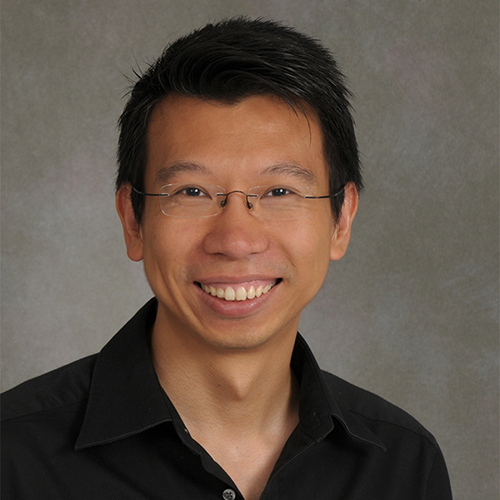
- This event has passed.
Event Series:
Organic Chemistry Seminar Series
Organic Chemistry Seminar Series: Ming-Yu Ngai – Purdue University
September 18, 2023 | 3:45 pm - 4:45 pm

About the Speaker:
Bio:
Ming-Yu Ngai was introduced to research in chemistry as an undergraduate in the laboratories of Prof. Wai-Kin Chan and Prof. Chi-Ming Che, and graduated from the University of Hong Kong in 2003. He spent one year at the University of California, San Diego in 2002 and carried out undergraduate research under the supervision of Prof. Michael S. VanNeuwenhze. In 2004, Ming started his Ph.D. studies with Prof. Michael J. Krische in the Department of Chemistry and Biochemistry at the University of Texas at Austin and received his Ph.D. degree in 2008. He then moved to Stanford University as a Croucher postdoctoral fellow in the laboratory of Prof. Barry M. Trost. In 2011, Ming worked as a postdoctoral researcher in the laboratory of Prof. Tobias Ritter at Harvard University. Ming joined the Department of Chemistry at Stony Brook University (SBU) as Assistant Professor in 2013 and was promoted to Associate Professor in 2019. He is now a Professor of Organic Chemistry at Purdue University.
Education:
2011-2013 Harvard University, Post-doctoral Fellow, Advisor: Professor Tobias Ritter
2009-2011 Stanford University, Croucher Post-doctoral Fellow, Advisor: Professor Barry M. Trost
2004-2008 The University of Texas at Austin (UT Austin), Ph.D., Chemistry, Advisor: Professor Michael J. Krische
2002-2003 The University of California, San Diego (UCSD), Exchange Student, Advisor: Professor Michael S. VanNeuwenhze
2000-2003 The University of Hong Kong (HKU), B.Sc. Chemistry, Advisors: Professor Chi-Ming Che and Professor Wai-Kin Chan
Research:
The Ngai lab focuses on the establishment of catalytic platforms to edit and prepare organic molecules efficiently and selectively. We combine detailed experimental and computational studies to understand reactivity and mechanisms with which to guide the design of new catalysts and the development of novel applications in organic, bioorganic, and medicinal chemistry. We are also interested in identifying and developing new radiotracers for Positron Emission Tomography (PET) imaging to elucidate disease mechanisms, identify drug targets, assess treatment efficacy, and accelerate drug discovery and development.